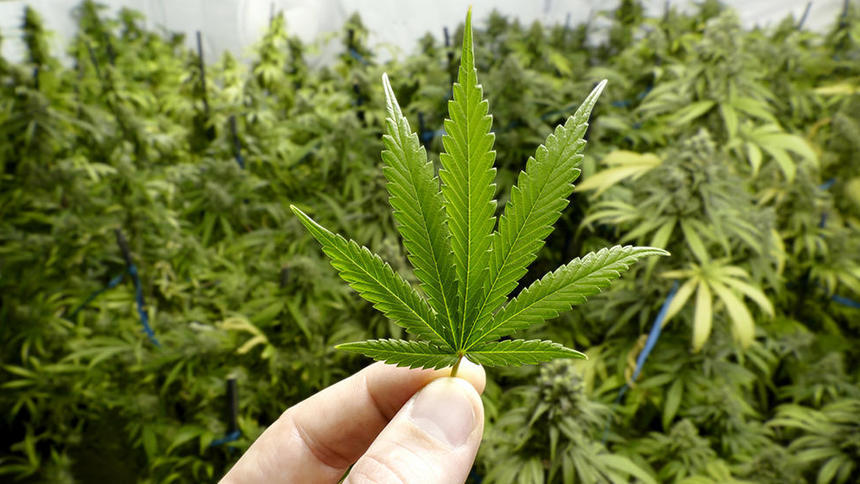Cannabis refers to a group of three plants with psychoactive properties, known as same day weed delivery calgary sativa, Cannabis indica, and Cannabis ruderalis. When the flowers of these plants are harvested and dried, you’re left with one of the most common drugs in the world. Some call it weed, some call it pot, and others call it marijuana. As weed becomes legal in more areas, names for it are evolving. Today, more and more people are using the term cannabis to refer to weed. Some argue that it’s a more accurate name. Others feel it’s more neutral compared with terms like weed or pot, which some people associate with its illegal use. Also, the term “marijuana” is falling out of favor due to its racist history. Cannabis is usually consumed for its relaxing and calming effects. In some U.S. states, it’s also prescribed to help with a range of medical conditions, including chronic pain, glaucoma, and poor appetite. Keep in mind that while cannabis comes from a plant and is considered natural, it can still have strong effects, both positive and negative.

Hallucinogens are substances that alter your perception of reality, either through changes in your sensory perception or visual or auditory hallucinations.
Keep in mind that hallucinations and paranoia, which is associated with stimulants, are different things. While hallucinations are false perceptions of objects, events, or senses, paranoia involves a false idea that’s usually accompanied by suspicion.
For example, a hallucination might make you see the person walking in front of you as an animal. Paranoia, on the other hand, might make you think the person has been following you in order to harm you.
Canada’s federal cannabis regulator is launching new consultations that signal future changes to marijuana possession equivalency limits, including higher possession caps for cannabis beverages. The Health Canada consultation announced Friday could also pave the way for product labeling that displays more cannabinoid information as well as tweaks to the regulatory regime for small-scale cultivation, processing and nursery businesses. Potential regulatory changes resulting from the consultation could help Canada’s cannabis industry by reducing purchasing limits of infused beverages and providing more mandatory labeling information for consumers. The 30-day clock to submit feedback started Friday, Dec. 11, meaning any updated regulations could be in store for January at the earliest.